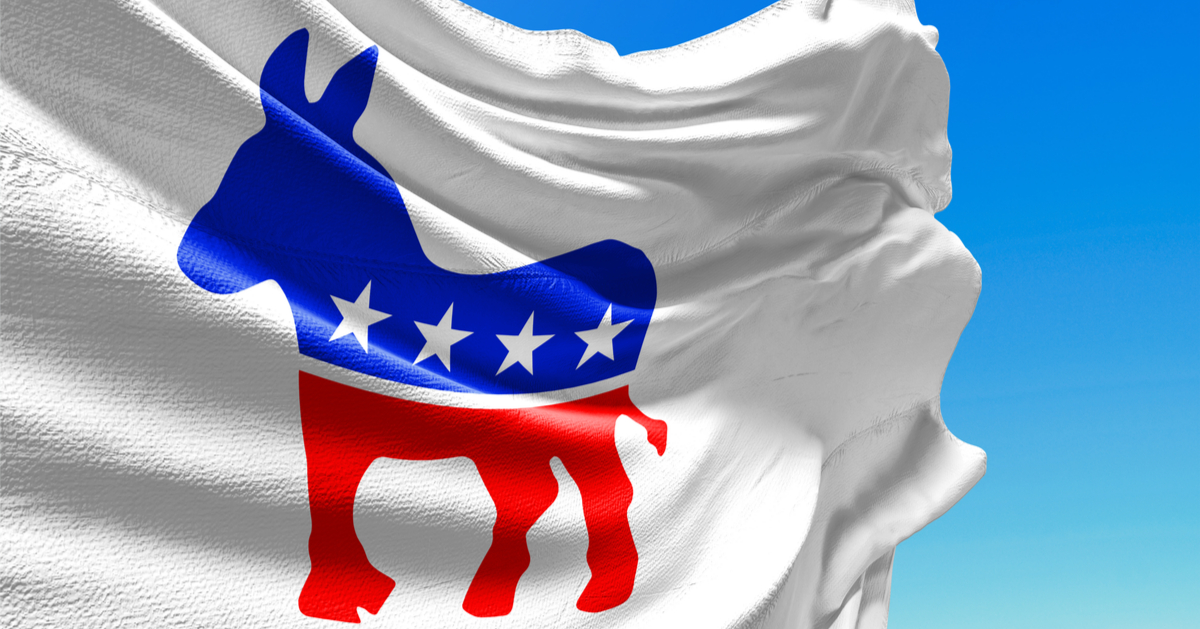Wisconsin Supreme Court sides with Democratic AG in separation of powers dispute
Wisconsin's Supreme Court issued a unanimous ruling against the state's Republicans in a dispute over the separation of powers.
The 7-0 ruling held that the Democratic attorney general does not need legislative approval to settle certain civil cases.
The power struggle began after the 2018 elections, when Democrats won back control of the state's executive branch.
Before Democratic attorney general Josh Kaul was sworn in, the Republican legislature passed a law in the lame duck session requiring the Joint Finance Committee to approve civil settlements.
Unanimous Supreme Court
In 2020, the Wisconsin Supreme Court held the law was not unconstitutional in all its applications but left open the possibility that the law could be voided in particular circumstances.
Kaul challenged the law again on narrower grounds, arguing the legislature has no role in settling civil enforcement actions and cases the state DOJ brings at the request of executive branch agencies.
The circuit court sided with Kaul, but an appeals court reversed, finding the power to settle those cases is shared between the legislative and executive branches.
Justice Brian Hagedorn, a conservative, delivered the opinion for the Supreme Court reversing the appeals court's decision.
"Enforcing the law is a task vested in the executive branch,” he wrote, noting the legislature "failed to demonstrate that these types of cases implicate an institutional interest granting the legislature a seat at the table.”
Democrat celebrates
While the legislature has the power to prescribe limits on the attorney general's authority, it cannot "assume for itself the power to execute a law it wrote.”
"The challenged statute permits exactly this. The settlement approval process allows a committee of the Legislature to control how the executive exercises its lawfully given statutory authority," Hagedorn wrote.
In a statement, Kaul said the ruling "finally puts an end to the legislature’s unconstitutional involvement in the resolution of key categories of cases."
"As a result, the Wisconsin Department of Justice will be able to more efficiently resolve the cases that are impacted by this decision, including civil actions enforcing our consumer protection laws and civil actions enforcing our environmental protection laws.”
The Wisconsin Supreme Court has received national attention over high-stakes court races in 2023 and 2025 that both set records as the most expensive ever. The liberal and conservative factions on the court have quarreled bitterly since the balance of power shifted to the left in 2023.
Still, there are matters on which the justices can easily find agreement, as they did in this case.






